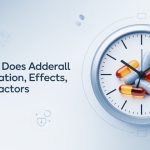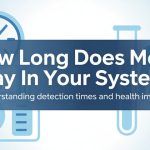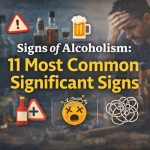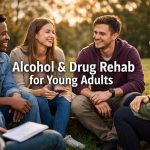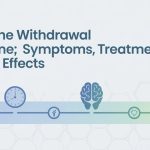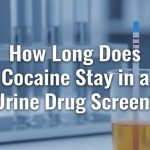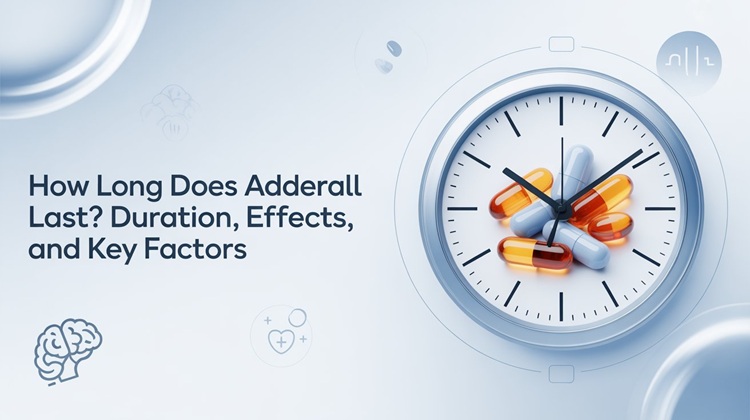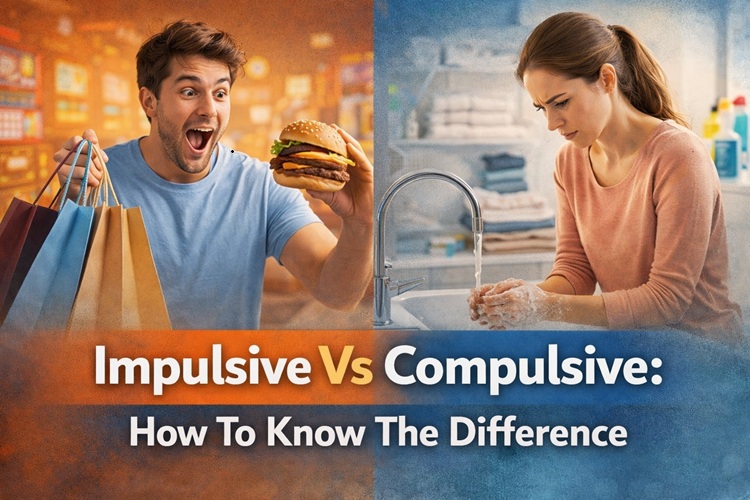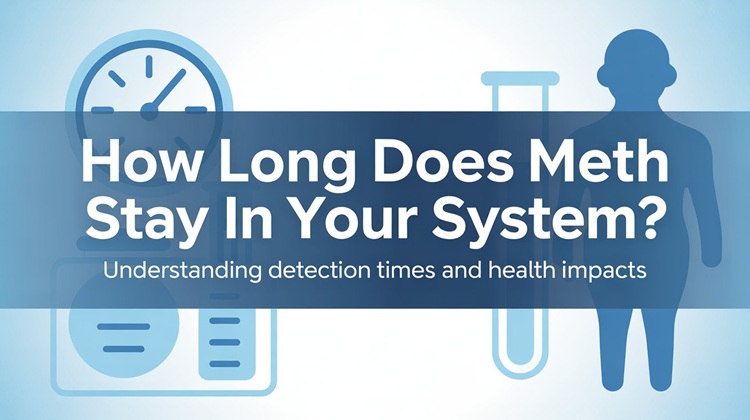Naturally, given its growing popularity, people are eager to learn more about psychedelics like dimethyltryptamine (DMT). Researchers have only recently begun to look into the medical potential of DMT, even though it has long been used for ritual purposes. The FDA (Food and Drug Administration) will not approve DMT for the treatment of depression until further studies are completed. However, it shows some promise. Although it can have side effects that range from mild to severe, many individuals still use DMT recreationally.
Even though DMT has long been used in religious rites in some cultures, it is not always safe to experiment with this psychedelic chemical on your own. If you or someone you know is using DMT, Palm Coast Treatment Solutions offers drug abuse treatment. If you have any questions about DMT addiction call us at (386) 284-4151 and ask how we can help you.
What is DMT?
Dimethyltryptamine is a highly potent psychedelic chemical found in a variety of plants and animals. It is most famously known as the Amazonian plant ayahuasca, which is used in religious rituals by some indigenous groups.

DMT is also produced naturally in the human body and brain and is believed to be released during sleep and death. According to researchers, DMT is believed to affect sleep cycles, particularly rapid eye movement (REM) sleep.
What is DMT used for?
DMT has received the nickname “spirit molecule” due to its hallucinogenic properties. People use DMT:
- The main ingredient in magic mushrooms is lysergic acid diethylamide (LSD) which produces hallucinations similar to psilocybin.
- Feel great excitement
- Have an out-of-body experience
- Try to communicate with other entities such as angels or aliens.
While some individuals find the previously mentioned experiences pleasant or invigorating, others have what is known as a bad trip. The things they see, hear or feel when high on DMT may be scary or overpowering. Since this substance affects everyone differently, it is impossible to predict whether your trip on DMT will be pleasant or unpleasant.
How do people use DMT?
DMT can be used in a variety of ways, including:
- Breath
- Smoked
- Snorted
- Vaporized
The most famous DMT preparation is ayahuasca, a shamanic brew from the Amazon that can last up to twelve hours and requires extensive preparation. When smoked or vaped using a traditional pipe or bong the DMT excursion is intense but short-lived.
What does DMT look like?
DMT is usually a white crystalline powder, however, it can also be yellow or pink. The former is pure DMT, but the latter is not.
When ingested as ayahuasca, DMT will appear as a red or brown liquid.
Is DMT Legal?
DMT is a Schedule I restricted drug according to the Drug Enforcement Administration (DEA). Schedule I drugs have no accepted medical uses and have significant potential for abuse and addiction.
It is illegal to buy, sell, or possess DMT in the United States. However, religious groups that use ayahuasca in their rituals are excluded.
Is it Safe to use DMT?
The safety of DMT use is somewhat debatable, however, as there are currently insufficient studies to identify its long-term mental and physical consequences. Remember that DMT can cause vivid and strong hallucinations. DMT can cause anxiety, paranoia, and even schizophrenia in some people.
100% Confidential Support is Available 24/7
No matter what you’re going through, you’re not alone. Our dedicated team is here to provide a safe, judgment-free space where you can talk openly and honestly. Whether you need emotional support, resources, or just someone to listen.
We’re here for you—completely confidential and always respectful of your privacy. Call us today!
Side Effects of DMT
Following are some of the immediate effects of DMT:
- Perceptual experiences are enhanced, such as experiencing colors as more vivid than they are, sounds as being more intense, touch feeling more sensitive, and so on.
- Seeing, hearing, smelling, or feeling things that don’t exist (hallucinations)
- Synesthesias are combined sensory experiences in which people believe they can hear colors, see sounds, etc.
- Cognitive changes include distortions such as believing that one is invincible, that one is leaving one’s body, that one’s surroundings are not real, or that one has transformed into something else (ranging from an animal to an inanimate object).
- Changes in one’s perception of time (for example, time moves more slowly than it should minutes may seem like hours, hours may seem like days, etc.)
- Delusions of great power, expressing beliefs that are not supported by reality.
Contact Palm Coast Treatment Solutions
Battling with Drug and Alcohol Addition? Remember, you are not alone and we are here to help you!
Can you Experience DMT Withdrawal?
According to the APA, tolerance develops to hallucinogenic drugs such as DMT, but there are no recognized withdrawal symptoms associated with DMT or other hallucinogenic substances.
As a result, physical dependence on DMT is unlikely, yet people who regularly abuse the substance may experience emotional distress when they suddenly stop using it.
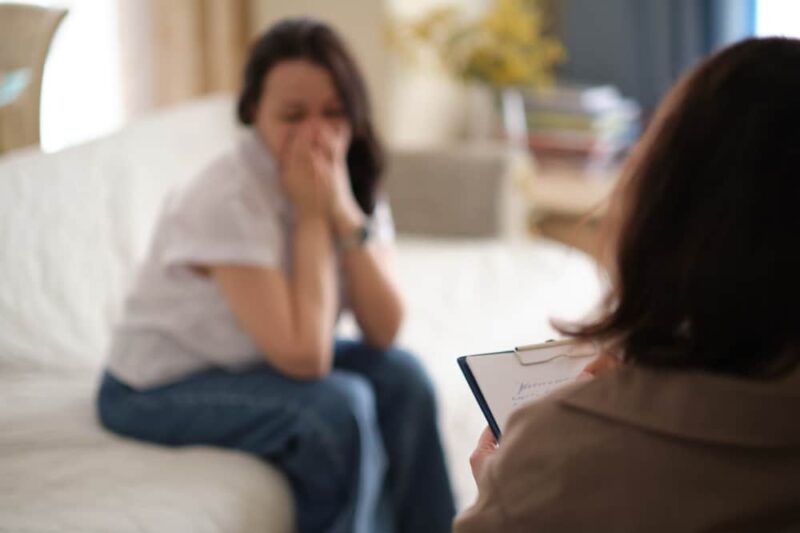
Among the Possible DMT Withdrawal Symptoms are:
- Mood fluctuations which may include depression, anxiety, apathy, etc.
- Fatigue, lack of motivation, apathy, etc.
- Anxiety, irritability, nervousness, minor illness, etc.
- Desire to take DMT.
Although SAMHSA reports that many people who abuse hallucinogens often quit using them on their own without the need for formal treatment, the development of any substance use disorder represents a potentially serious mental health disorder.
Overcome Addiction with Palm Coast Treatment Solutions.
Book an appointment.
Palm Coast Treatment Solutions Offers DMT Addiction Treatment in Florida.
If you are having side effects from dimethyltryptamine but are incapable of stopping taking it, we can help you recover control. For better outcomes, our addiction treatment programs are tailored to the specific needs of each client. To learn more, call Palm Coast Treatment Solutions at (386) 284-4151 now.






